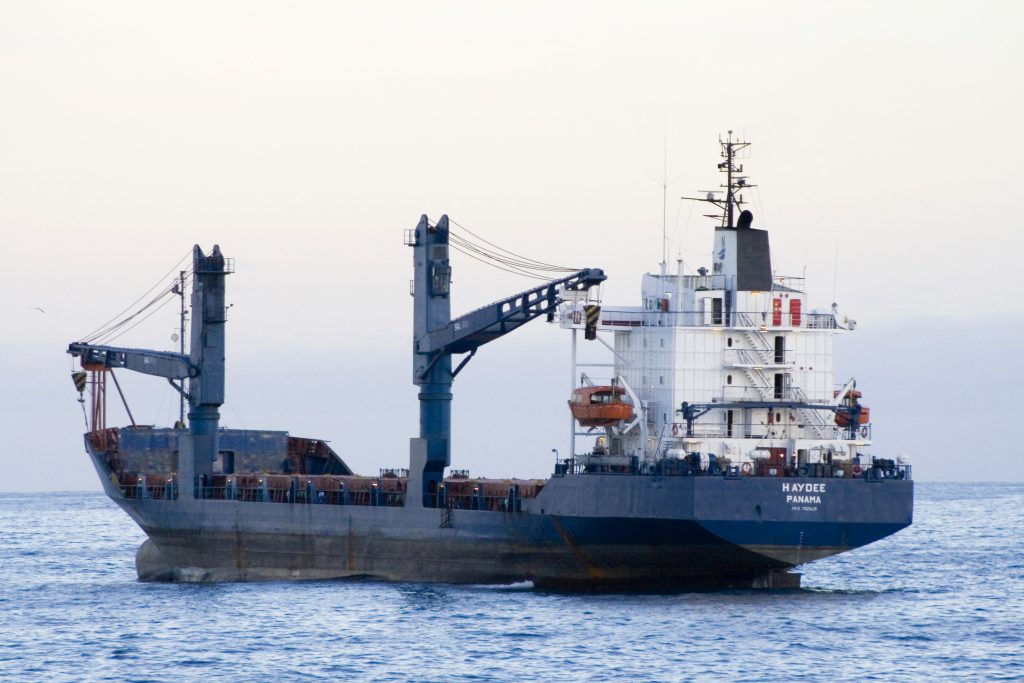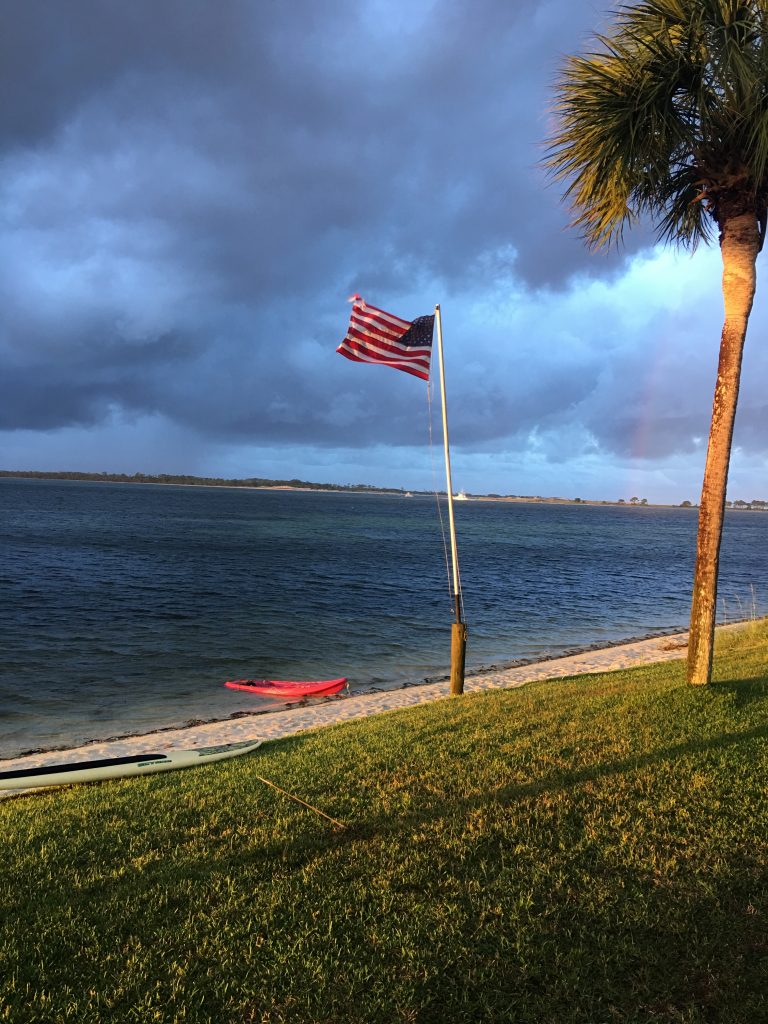 Long considered “wards of admiralty,” courts carefully scrutinize the treatment of seamen, particularly in cases where substantial legal rights are involved. One such case involves the execution of a release with a seaman, particularly when the seaman is unrepresented and in claims of personal injury. Generally, in a personal injury case, a release is a legal agreement that serves to settle the claims between the parties and terminates the injured party’s right to seek damages in court.
Long considered “wards of admiralty,” courts carefully scrutinize the treatment of seamen, particularly in cases where substantial legal rights are involved. One such case involves the execution of a release with a seaman, particularly when the seaman is unrepresented and in claims of personal injury. Generally, in a personal injury case, a release is a legal agreement that serves to settle the claims between the parties and terminates the injured party’s right to seek damages in court.
So, what is required to uphold such a release? The Louisiana First Circuit Court of Appeal gave us an example in Buras v. Sea Supply. The plaintiff, Mr. Buras, was a seaman injured while working aboard the defendant’s vessel. A month later, Mr. Buras’ doctor cleared him to return to work where, without counsel present, he signed a release settling all claims against the defendants. In addition to the release itself, the evidence included a transcript of the conversation had between Mr. Buras and the defendant at the time of executing the release. This transcript showed that the defendant clearly advised Mr. Buras multiple times of both the consequences of signing the release and his right to have an attorney present. Nevertheless, Mr. Buras signed the release stating he understood he was giving up his legal rights in connection with this claim and declined to speak to an attorney. Nearly a year later, Mr. Buras filed a claim seeking to have the release declared unenforceable; however, the trial court found that because all of Mr. Buras’ claims against the defendants were covered by the release, there were no genuine issues of material fact and, therefore, granted the defendant’s motion for summary judgment, dismissing the case without trial.
The law is well-settled that there is a heavy burden upon one who sets up a seaman’s release to show that it was executed freely, without deception or coercion, and that it was made by the seaman with full understanding of his rights and appreciation for the consequences. See, e.g., Garrett v. Moore-McCormack Co., 317 U.S. 239, 240 (1942); Stipelcovich v. Sand Dollar Marine, Inc., 805 F.2d 599 (5th Cir. 1986);
 Louisiana Personal Injury Lawyer Blog
Louisiana Personal Injury Lawyer Blog


 For a negligence lawsuit to have any chance of survival, an essential element is to show the plaintiff had damages. Often these damages are obvious physical injuries. Sometimes however, damages claimed are for emotional distress. Due to its intangible nature, emotional distress can be extremely difficult to prove and a lawsuit for such damages can be equally difficult to maintain. In a recent case out of the Parish of Lafayette, a Louisiana man failed to prove all the necessary elements to sustain his emotional distress lawsuit despite the lawsuit centering on a helicopter crash.
For a negligence lawsuit to have any chance of survival, an essential element is to show the plaintiff had damages. Often these damages are obvious physical injuries. Sometimes however, damages claimed are for emotional distress. Due to its intangible nature, emotional distress can be extremely difficult to prove and a lawsuit for such damages can be equally difficult to maintain. In a recent case out of the Parish of Lafayette, a Louisiana man failed to prove all the necessary elements to sustain his emotional distress lawsuit despite the lawsuit centering on a helicopter crash.  Waiting until the last minute to do almost anything is not recommended but it is especially true if you are seeking to bring a claim for damages. That is what some fishermen found out when they sought to bring claims under the Oil Pollution Act of 1990 (OPA) for damages that resulted from an oil spill. The oil spill came from a barge owned by American Commercial Airlines, LLC (ACL) that had been involved in a collision on the Mississippi River in the Port of New Orleans on July 23, 2008.
Waiting until the last minute to do almost anything is not recommended but it is especially true if you are seeking to bring a claim for damages. That is what some fishermen found out when they sought to bring claims under the Oil Pollution Act of 1990 (OPA) for damages that resulted from an oil spill. The oil spill came from a barge owned by American Commercial Airlines, LLC (ACL) that had been involved in a collision on the Mississippi River in the Port of New Orleans on July 23, 2008.  The fate of a claim brought under the Longshore and Harbor Workers’ Compensation Act (“LHWCA”) is often determined based upon the weight the Administrative Law Judge (“ALJ”) gives certain evidence. But how should the ALJ weigh conflicting evidence from different sources? This question was recently addressed by the United States Fifth Circuit Court of Appeals in Petron Industries Inc. v. Courville.
The fate of a claim brought under the Longshore and Harbor Workers’ Compensation Act (“LHWCA”) is often determined based upon the weight the Administrative Law Judge (“ALJ”) gives certain evidence. But how should the ALJ weigh conflicting evidence from different sources? This question was recently addressed by the United States Fifth Circuit Court of Appeals in Petron Industries Inc. v. Courville. In the insurance industry, one of the most important issues to consider when determining whether a claim is covered under a policy is the wording of the contract. Whether it is home, auto, life, or, as in this case a marine insurance policy, the exact words of the contract will control whether or not a specific claim will be paid out. Equally important are the laws which will control how those words are interpreted. And in a recent case out of Louisiana, one insured was out of luck over the interpretation of one small word.
In the insurance industry, one of the most important issues to consider when determining whether a claim is covered under a policy is the wording of the contract. Whether it is home, auto, life, or, as in this case a marine insurance policy, the exact words of the contract will control whether or not a specific claim will be paid out. Equally important are the laws which will control how those words are interpreted. And in a recent case out of Louisiana, one insured was out of luck over the interpretation of one small word.  Decisiveness can be an excellent quality, especially in a judge. Court dockets are usually quite full and it can take a very long time for cases to be resolved. Whenever there is a confusion over which law to apply, however, patience is the greater virtue. In a lawsuit, lawyers will often request relief under various laws in hopes that one will bring success. In a recent case out of Venice, Louisiana, the Louisiana Fourth Circuit Court of Appeal reminded an Office of Workers’ Compensation Judge (“WCJ”) just how important patience is when issuing an order in a case with competing theories of recovery.
Decisiveness can be an excellent quality, especially in a judge. Court dockets are usually quite full and it can take a very long time for cases to be resolved. Whenever there is a confusion over which law to apply, however, patience is the greater virtue. In a lawsuit, lawyers will often request relief under various laws in hopes that one will bring success. In a recent case out of Venice, Louisiana, the Louisiana Fourth Circuit Court of Appeal reminded an Office of Workers’ Compensation Judge (“WCJ”) just how important patience is when issuing an order in a case with competing theories of recovery.  What if you are injured, hire a lawyer, and that lawyer fails to sufficiently work on your case? Outrage ensues and you may choose to fire that lawyer and hire a second. But is that first lawyer entitled to payment if you happen to win and receive an award in your case? In a recent Louisiana case, the Fifth Circuit Court of Appeals decided that the answer can be in the affirmative.
What if you are injured, hire a lawyer, and that lawyer fails to sufficiently work on your case? Outrage ensues and you may choose to fire that lawyer and hire a second. But is that first lawyer entitled to payment if you happen to win and receive an award in your case? In a recent Louisiana case, the Fifth Circuit Court of Appeals decided that the answer can be in the affirmative.  It’s a common scenario: someone is injured or property is damaged because another party failed to use reasonable care. This situation is far from rare in the legal profession, and the responsible party is usually held accountable for their negligence with civil lawsuits. But what happens when the injured person attempts to hold the wrong party responsible? It seems unlikely, but as James Johnson discovered, it is possible and the consequences can alter the course of a lawsuit’s final outcome.
It’s a common scenario: someone is injured or property is damaged because another party failed to use reasonable care. This situation is far from rare in the legal profession, and the responsible party is usually held accountable for their negligence with civil lawsuits. But what happens when the injured person attempts to hold the wrong party responsible? It seems unlikely, but as James Johnson discovered, it is possible and the consequences can alter the course of a lawsuit’s final outcome.
